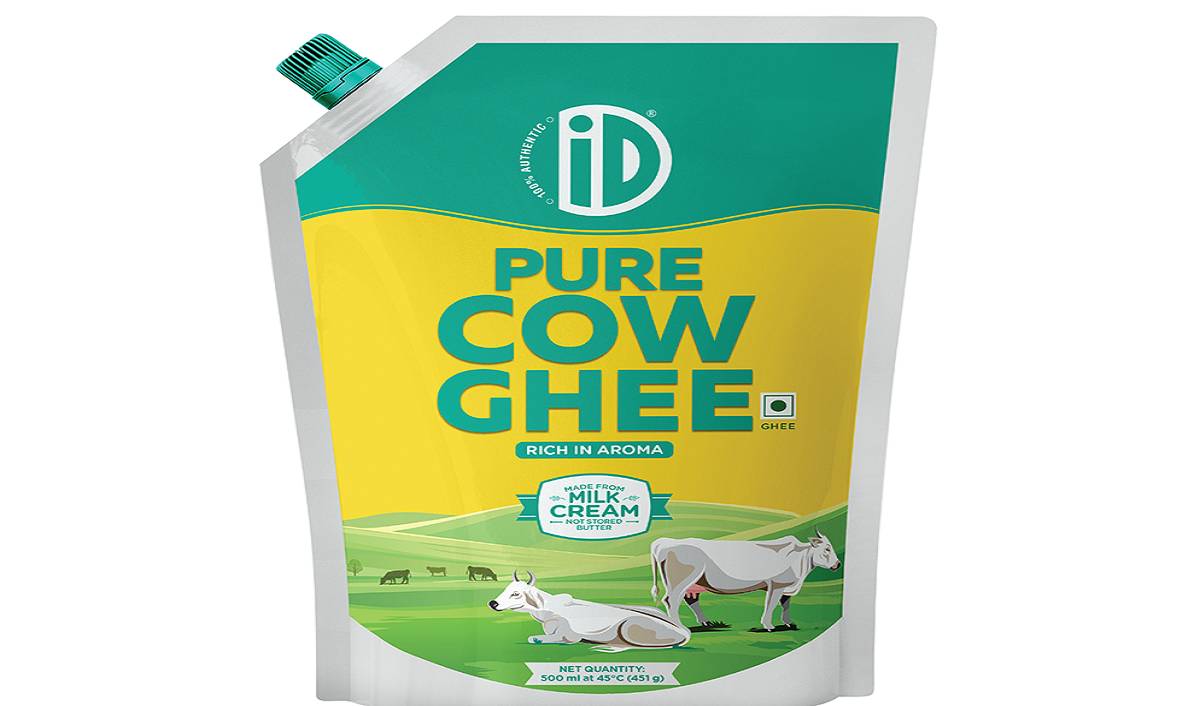
Introduction to supplements
In a world where health trends come and go, supplements have carved out a permanent niche in our wellness routines. Whether you’re an athlete looking to enhance performance or someone simply striving for better overall health, navigating the supplement aisle can feel overwhelming. With countless options available and new products launched every year, how do you know what’s worth your time and money?
Enter 2025—a pivotal year for nutrition enthusiasts eager to align their choices with expert-backed insights. As we dive into the realm of supplements this year, it’s essential to sift through the noise and discover which products are genuinely beneficial. Together, we’ll demystify supplements so that you’re armed with knowledge when making decisions about your health.
So grab a seat as we unravel the truth behind these tiny capsules, powders, and gummies—because understanding what works best for you shouldn’t be complicated!
Why take supplements?
Many people wonder why supplements are necessary. The truth is, our diets often fall short of providing all the nutrients we need. Busy lifestyles and processed foods can leave gaps in our nutrition.
Supplements serve as a safety net. They help bridge deficiencies that might result from dietary restrictions or health conditions. For instance, those who follow vegan diets may lack vitamin B12, which is crucial for nerve function and energy production.
Moreover, certain life stages demand more nutrients than others. Pregnant women have increased folate needs to support fetal development. Older adults may require extra calcium to maintain bone strength.
While whole foods should always be the priority, supplementation can enhance overall well-being when used wisely. It’s about finding balance and ensuring you’re equipped with what your body needs to thrive daily.
Common myths and misconceptions about supplements
Supplements often come with a cloud of misconceptions. One common myth is that they can replace whole foods. Many believe popping a pill can substitute for fruits and vegetables, but that’s far from the truth.
Another misconception is that all supplements are safe because they’re natural. Just because something is derived from nature doesn’t mean it’s free of side effects or interactions with medications.
Many people think higher doses yield better results. However, more isn’t always better; in fact, it can be risky and lead to toxicity.
There’s the belief that anyone should take supplements indiscriminately. Individual health needs vary significantly, making personalized choices crucial for effective supplementation. Understanding these myths helps clarify what supplements truly offer and how to use them wisely.
Understanding the different types of supplements
Navigating the world of supplements can feel overwhelming. They come in various forms, each designed to support different aspects of health.
Vitamins are perhaps the most well-known category. These essential nutrients play crucial roles in bodily functions, from boosting immunity to enhancing energy levels.
Minerals also deserve attention. They help with everything from bone health to muscle function and should not be overlooked when considering your supplement routine.
Herbal extracts offer a natural alternative for those seeking holistic approaches to wellness. Ingredients like turmeric or ashwagandha have gained popularity due to their potential benefits.
Protein powders cater specifically to fitness enthusiasts looking to build muscle or recover after workouts. Options range from whey protein to plant-based alternatives.
Probiotics focus on gut health by promoting beneficial bacteria in the digestive system. This type is gaining traction as more research highlights its importance in overall well-being.
What experts say: Top recommended supplements for 2025
As we look ahead to 2025, experts are honing in on a few standout supplements that promise significant benefits. Omega-3 fatty acids continue to be favored for their anti-inflammatory properties and support for heart health.
Probiotics are also making headlines. These beneficial bacteria boost gut health and enhance immunity, proving essential as our lifestyles become more demanding.
Another rising star is magnesium. This mineral plays a crucial role in energy production and muscle function, often overlooked in standard diets.
For those seeking cognitive support, adaptogens like rhodiola rosea are gaining traction. They help combat stress while enhancing mental clarity.
Vitamin D remains paramount—especially with the increasing awareness of its connection to mood regulation and immune response during colder months. These expert-recommended picks for 2025 reflect both ongoing research and evolving wellness trends.
How to choose the right supplement for you
Choosing the right supplement can feel overwhelming. Start by assessing your nutritional needs. Take a close look at your diet and lifestyle.
Consider any specific health goals you have. Are you looking to boost energy, improve immunity, or support joint health? Identifying these factors is crucial.
Research quality brands that prioritize transparency and testing. Look for third-party certifications to ensure safety and efficacy.
Don’t forget to consult with a healthcare professional before diving in. They can help guide you based on your individual health profile.
Pay attention to dosages as well; more isn’t always better. A balanced approach often yields the best results without unnecessary risks.
Keep track of how each supplement affects you over time. This will allow adjustments as needed for optimal benefits tailored just for you.
Incorporating supplements into a healthy lifestyle
Incorporating supplements into a healthy lifestyle can be seamless and effective. Start by assessing your dietary needs. Are you getting enough vitamins from food sources? If not, that’s where supplements come in.
Consider timing when taking them. For instance, some nutrients are better absorbed with meals while others work best on an empty stomach. Pay attention to how your body reacts.
Pairing supplements with regular exercise enhances their benefits. Physical activity boosts metabolism and improves nutrient absorption, creating a harmonious balance for optimal health.
Stay informed about the latest research and expert recommendations on the best supplements 2025 has to offer. This ensures you’re making educated choices tailored to your individual needs.
Always consult healthcare professionals before making changes to your routine or adding new products. Personalization is key—what works for one person may not work for another.
Beware! Supplements are Not Real Food!
While supplements can offer significant health benefits, it’s essential to remember that they are not a substitute for real food. Whole foods provide a complex array of nutrients, fiber, and antioxidants that work synergistically to support your body. Relying solely on pills or powders may lead you to miss out on the vital components found in fruits, vegetables, whole grains, and lean proteins.
When considering the best supplements for 2025 or any year ahead, prioritize a balanced diet first. Supplements should complement your nutrition—not replace it. They serve as an additional tool in your wellness toolkit but cannot replicate the myriad benefits of consuming fresh and diverse foods.
As you explore expert-approved nutrition strategies this year and beyond, keep in mind that healthy eating habits lay the foundation for optimal health. Strive to make nutritious meals using whole ingredients while selectively incorporating high-quality supplements where needed.
Navigating through the world of health supplements doesn’t have to be overwhelming if approached with mindfulness and education. Always consult with healthcare professionals when making changes to your supplement routine or diet plan. Your journey toward better health is unique; honoring both natural foods and well-researched supplements will pave the way for lasting vitality.








